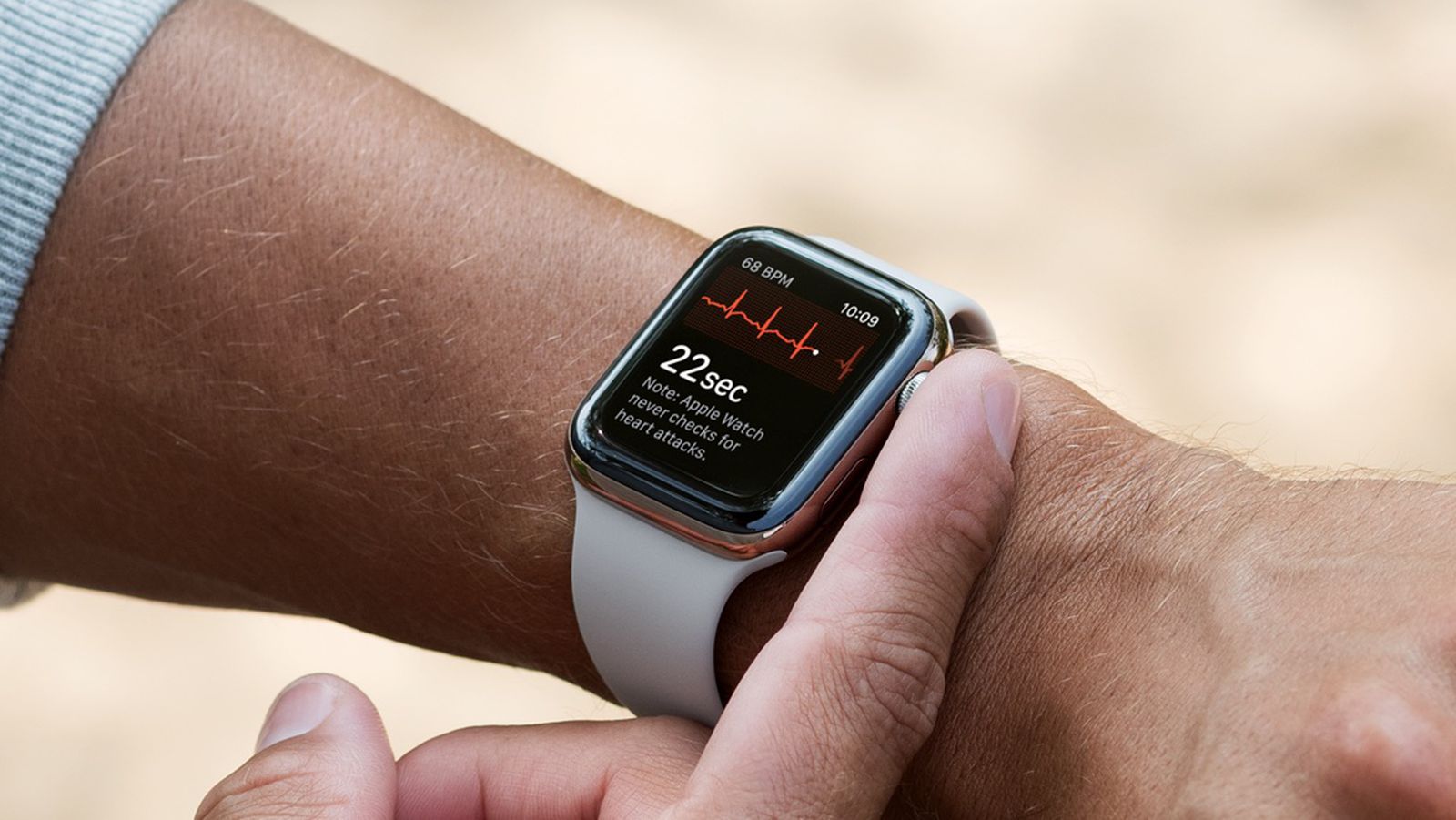This appears to be a squabble over a former employee who was the chief inventor of the pulse technology who solicited Apple to go to work for them, claiming he had multiple patents and knowledge of the health device products that he would like to add to Apple's product line. Apple hired him and soon this employee's name appeared on Apple's patent for pulse and oximetry. Our patent system is supposed to prevent this sort of conflict but it is flawed.
The problem is that it is very hard for an inventor to go to work for a new employer using his expertise and have to say, hire me but I can't work in my field.
It seems from what I heard, Masimo Corp didn't have a non-compete agreement with the engineer. Apparently there were 20 other employees who solicited Apple from Masimo as well.
As far as the patent is concerned, Masimo probably did not have a general technology patent which is extremely difficult to obtain. It is likely that Apple's attorneys felt the technologies in the Apple watch 6 were unique and different enough that they felt safe in applying for the patent that also the US patent office felt the same and it was granted. Masimo obviously disagrees. Masimo sought an injunction against Apple to stop the sale of Apple watch 6 but that failed in court. One article I saw referred to Masimo's invention as a trade secret, not even a specific patent, but the Masimo patent was granted after the employee left. I was always told that a trade secret has no patent protection, unless a Record of invention is filed. An R. I. must be followed up with an application for patent within one year and the invention must be made available in commerce.
Also worth noting is that Masimo fattened it's cash in another suit that they won against Medtronic for over a billion dollars.
I experienced a patent conflict suit where my boss developed a catalyst for a chemical reaction that was highly efficient. But his former employer sued him and the company claiming infringement. They lost because while the new catalyst was made from the same original compound, when it was actually applied, it had been reacted to a totally different compound. The plaintiff's patent was specific, not general. An example of a general technology patenet would be like This reaction can be triggered by using an appropriate catalyst. Instead the plaintiff's patent specifically stated the catalyst was Lead Oxide.
That's about all I can offer. It will be up to the courts to decide, if they don't settle out of court.
The problem is that it is very hard for an inventor to go to work for a new employer using his expertise and have to say, hire me but I can't work in my field.
It seems from what I heard, Masimo Corp didn't have a non-compete agreement with the engineer. Apparently there were 20 other employees who solicited Apple from Masimo as well.
As far as the patent is concerned, Masimo probably did not have a general technology patent which is extremely difficult to obtain. It is likely that Apple's attorneys felt the technologies in the Apple watch 6 were unique and different enough that they felt safe in applying for the patent that also the US patent office felt the same and it was granted. Masimo obviously disagrees. Masimo sought an injunction against Apple to stop the sale of Apple watch 6 but that failed in court. One article I saw referred to Masimo's invention as a trade secret, not even a specific patent, but the Masimo patent was granted after the employee left. I was always told that a trade secret has no patent protection, unless a Record of invention is filed. An R. I. must be followed up with an application for patent within one year and the invention must be made available in commerce.
Also worth noting is that Masimo fattened it's cash in another suit that they won against Medtronic for over a billion dollars.
I experienced a patent conflict suit where my boss developed a catalyst for a chemical reaction that was highly efficient. But his former employer sued him and the company claiming infringement. They lost because while the new catalyst was made from the same original compound, when it was actually applied, it had been reacted to a totally different compound. The plaintiff's patent was specific, not general. An example of a general technology patenet would be like This reaction can be triggered by using an appropriate catalyst. Instead the plaintiff's patent specifically stated the catalyst was Lead Oxide.
That's about all I can offer. It will be up to the courts to decide, if they don't settle out of court.




